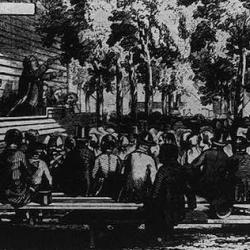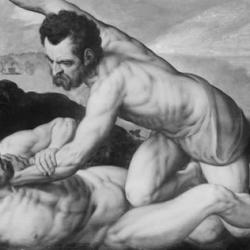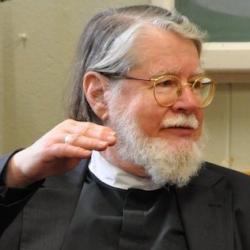David devotes a great deal of attention to organizing Levitical singers (1 Chronicles 25) and gatekeepers (1 Chronicles 26). Solomon follows David’s instructions in setting up these roles at the temple (singers, 2 Chronicles 5:12-23; 9:11; gatekeepers, 2 Chronicles 8:14). Remarkably, after Solomon, these officials virtually drop out of the picture. We can trace several terms to make the point: 1) Asaph, one of the leaders of the Levitical musicians, is a prominent figure in David’s reign (e.g., 1 Chronicles... Read more




















